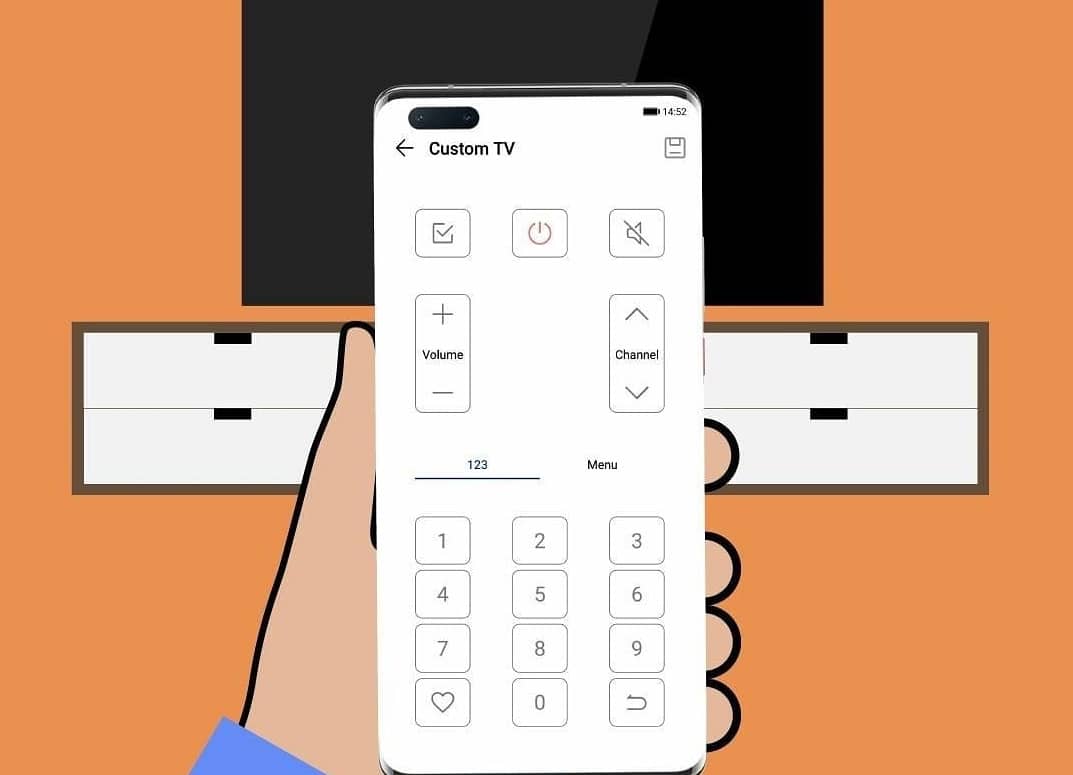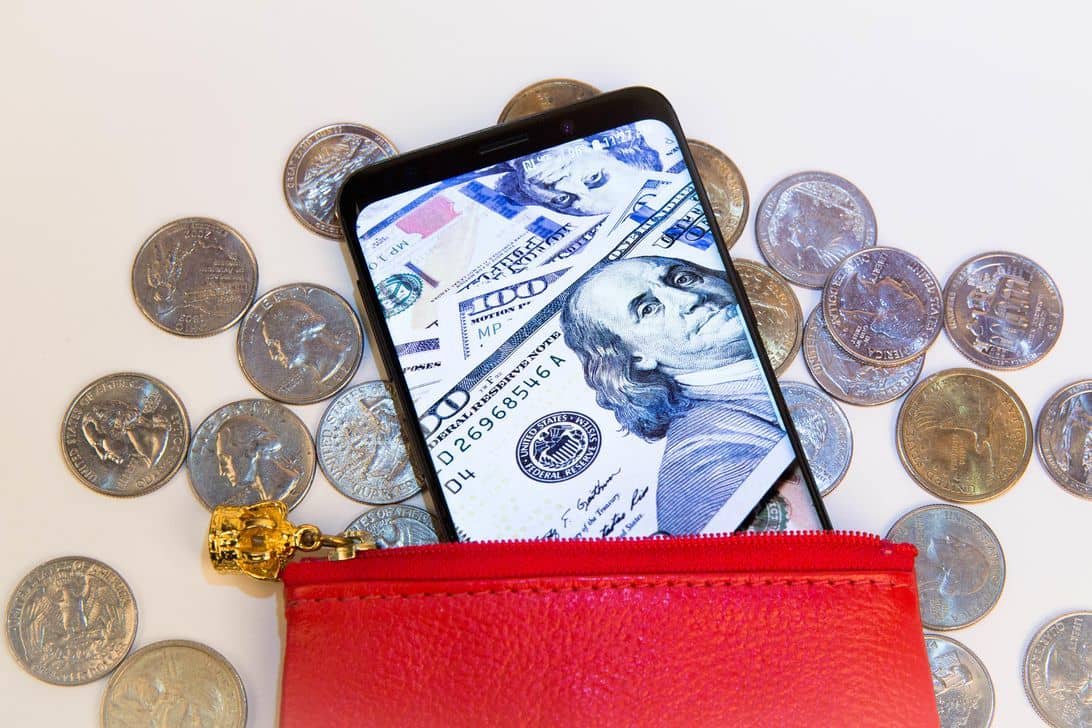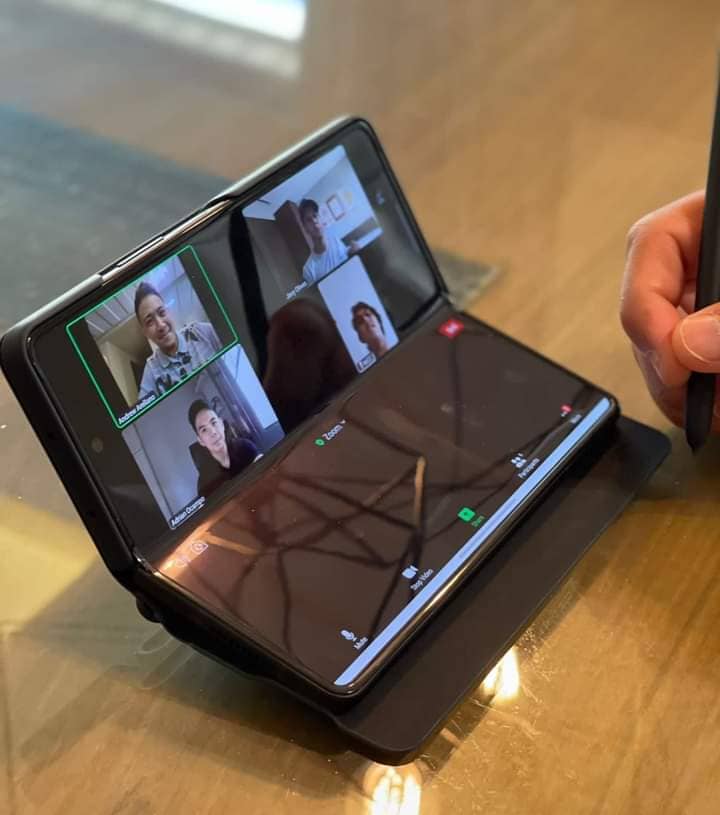5G is coming. What will be the impact on IoT?
In a little over a year from now, the world’s biggest telecom companies and handset makers will begin launching 5G networks at a furious pace. Whether you care about lightning-fast downloads or vastly improved battery life for wearables, everything around you is going to change. With cable modems finally offering decent speeds in most parts of the country, your broadband bill might fall too—which means it’ll take much less time to download movies from Netflix and Amazon when they hit 5G in 2020.
According to Cisco, there are currently 19 million devices connected to cellular networks worldwide—but this number is expected to skyrocket with 5G. The company estimates that mobile networks will carry up to 1.3 zettabytes of data in 2022, and we’ll see more than $1 trillion poured into infrastructure and services for these devices.
The switch from 4G to 5G won’t just change the way our mobile network works—it could also affect people’s daily lives in ways they wouldn’t necessarily expect. Here are ten of the most exciting possibilities on the horizon:
1) Household appliances will be far easier to manage remotely
You might not even have a cable modem or DSL at home anymore—you could get all your broadband through a set-top box instead. It’ll save you money because you won’t have to pay for line rental, and it’ll be much more convenient than running wires through your house. It might even be something you rent rather than buy—like when you sign up for a bike share scheme in the city.
With your broadband coming through an Android-powered set-top box, you can manage everything remotely. You won’t have to deal with any of that bulky hardware or confusing software menus anymore—you’ll just download the app for whatever service you’re using (Household A/C? Long-Range Security Cameras?) and configure the settings right on your phone. This will make it easy to turn things off when you forget or head out of town; many devices could also automatically switch on when they detect motion or activity nearby.
2) Your phone’s battery life will last weeks
The biggest obstacle keeping you from owning a cell-connected device isn’t the cost—it’s the fact that they drain your smartphone’s battery. If your smartwatch can only last two days on a charge, you’re probably not going to wear it every day. But with 5G, devices won’t need as much power because data will be sent back and forth more quickly. You might even get away with charging your watch once or twice a month rather than daily!
Current flagship smartphones struggle to hit two days of use —imagine how much better things could fare with 28 days of standby time .
3) 5G home broadband speeds could match cable modems
With 5G, you won’t have to worry about how far your house is from the nearest cell tower. You’ll still need line-of-sight; considering that most people can’t even get 4G where they live, this isn’t something to bother worrying about yet. But by 2022, almost everyone will be able to access 5G—which means download speeds could reach 10 times what you’re getting now (or more).
4) We can expect better security for online banking
While it might not seem like much of an incentive at first, having a connection that seamlessly switches between your phone and home broadband could make life easier for online businesses too. If you’re shopping on Amazon’s app while standing in line at the supermarket checkout, for example, your phone would be able to connect to your home broadband without any trouble. It would provide a more secure connection than the public hotspots you have to rely on now.
5) First responders will get vital information five minutes faster
When someone calls 911, first responders are dispatched right away with the location of the emergency and other necessary details like what kind of weapon was used. But dispatchers often struggle to obtain basic information like how many people were involved—which is why many services use Google Earth or satellites to get a better idea of what’s going on before they arrive at the scene . With 5G, dispatchers could pinpoint incidents even more accurately and relay that info quickly; this should help first responders and victims alike.
6) We can expect far simpler home security systems
Thanks to 5G and the Internet of Things (IoT), we could be seeing a lot more connected devices at home —many of which will interact with each other for optimal efficiency. A smart sprinkler system, for example, could monitor its own soil moisture levels and adjust as necessary without wasting water. And if it detects that no one has been around recently—but that there’s still plenty of sunlight—it might activate your houseplants too! You’ll be able to set these kinds of clever rules right on your phone, so you won’t have to deal with complicated menus or difficult-to-install devices .
7) Drones will be safer and smarter
We use drones for a wide range of purposes today—and although they’re great at getting aerial footage, they’re not always easy to control. With 5G, though , it’ll be easier to access the same kind of direct connection between your phone and drone that you would have with your home broadband. That way, you’ll know exactly how much battery life you have left without having to worry about losing contact . Drones could also make real-time deliveries more quickly than ever—which is good news for Amazon customers!
8) Video calls will look better than ever before
How many times have you found yourself trying to snap an adorable photo or video of your loved one only to realize that it looks blurry? That might happen less with 5G, which offers better connection speeds. But even if it doesn’t improve your current video capabilities, the lower lag time should make it more likely you’ll be able to have a smooth conversation.
9) We could see instant translations of foreign languages
As more people around the world use smartphones to access information, the need for language translation services is growing too—and 5G will help meet that demand. By 2022, typing an address into Google Maps in one country could instantly bring up details about public transportation or directions for walking there in another language . You’ll also be able to translate menus at restaurants before you’ve even sat down .
10) Your vacation photos will download faster without any effort
Photographers might not want to wait hours for their pictures to upload from the camera. That’s why building more cloud storage centers, which can handle more data, would be useful—and it could become a reality with 5G.
In terms of architecture and implementation of new technologies for IoT devices, there are still many problems that need to be solved in future research. It is difficult to decide where a device should store its data or even if one solution is better than another. There are also problems on the software side as well as specific code needed for different systems . However, despite these difficulties , 5G will certainly improve some parts of our day-to-day lives as well as make them more interconnected . Do you think this technology will be beneficial? Will some issues arise from the implementation of 5G?




